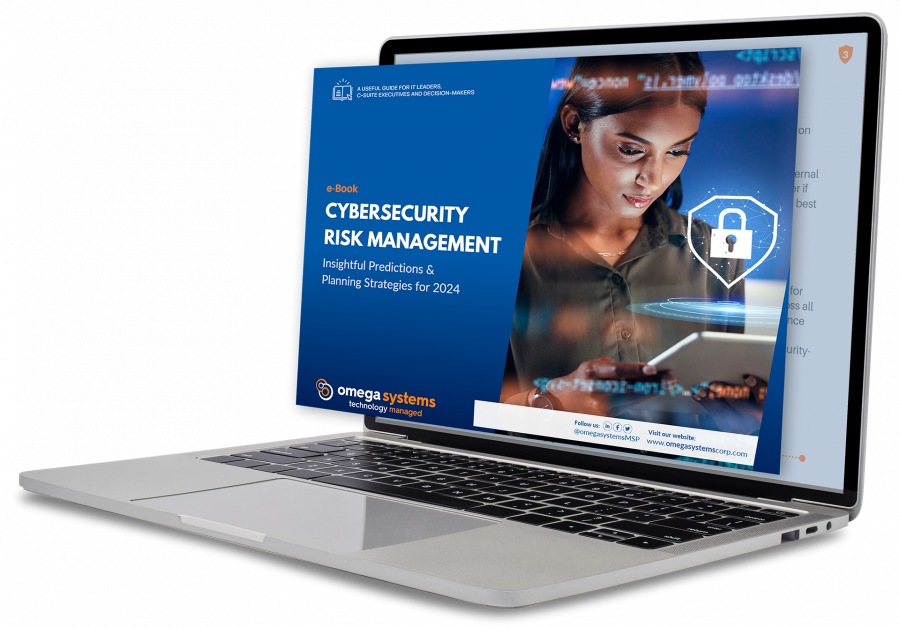
Everyone is talking about cloud computing these days, and for good reason. Cloud solutions can provide world-class enterprise technology for businesses without incurring capital expenses.
So what exactly is the cloud?
This is a tricky question in and of itself. Just like there are many clouds in the sky, there are many clouds when it comes to technology. In the simplest terms, the cloud is any application, software, storage and hosted email that lives outside of your organization. It is your environment hosted at a data center rather than locally, and it allows you to access files or software from anywhere that you can access the Internet.
If you are using Office 365, G Suite (formerly Google Apps for Work), OneDrive or Dropbox, to name a few, you are already taking advantage of the cloud. If not, making small, progressive organizational changes as it relates to the cloud, allows employees to adjust to new workflows and readily adapt to system changes in your environment.
Cloud computing, if done properly can make your business much more efficient. However, a cloud solution is only as good as the quality of the research, the implementation, and the follow-through.
There are few things you need to know about the cloud first. Not all clouds are the same. You have options with public, private and hybrid clouds. Choosing the right options for your business comes down to the needs and the amount of control you would like to have.
What cloud should I choose?
Public Clouds
Owned and operated by a third-party cloud services provider. The hardware and software is owned and managed by the cloud provider and you can access these services and manage your account via a web browser.
Private Clouds
Owned and used by only one organization. The services and infrastructure are maintained on a private network, however, some companies also pay third-party service providers to host their private cloud.
Hybrid Clouds
There are times when the Cloud will complement your in-house resources rather than serve as a replacement. Hybrid clouds are a mix of on-premise, private cloud and third-party, public cloud services.
It is important to work with a Cloud Managed Services Provider to understand what cloud is right for your business needs.
Is the cloud safe and reliable?
As mentioned before, cloud computing is the way of the future. What good is saving money and switching to a cloud solution if it will bring additional risks to my business? Most reputable Cloud Managed Service providers offer additional security features such as encryption or multi-factor authentication when accessing the cloud and/or specific business applications. In addition, they will discuss all security features and will work collaboratively with you to determine which safety features are best for your business needs and workflow overall.
In terms of reliability, in many cases, moving to the cloud can significantly reduce the amount of downtime, if Internet is accessible. In addition, there is a backup and disaster recovery solution built into the cloud in most instances, for data recovery purposes.
In the end, you should not make decisions entirely based on what you think you are comfortable with, or what with what is cheapest. What should be most important is deciding whether or not transitioning into the cloud will work for your business.
Contact The TNS Group today and learn how to incorporate “the cloud” into your environment to benefit your company overall.
Categories: Cloud Managed Services, Managed Service Provider, MSP Blogs




